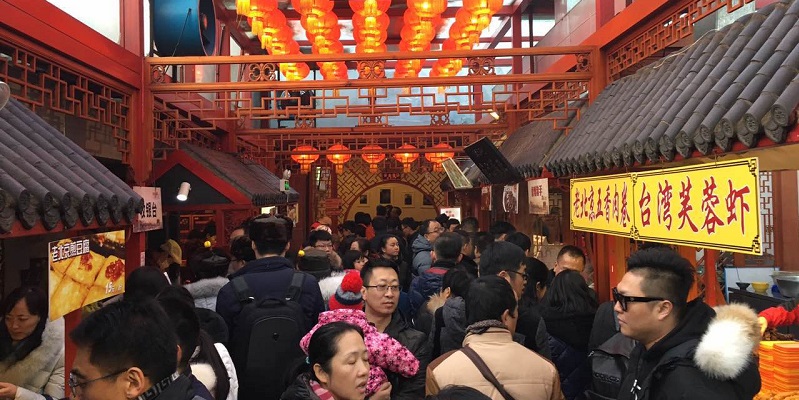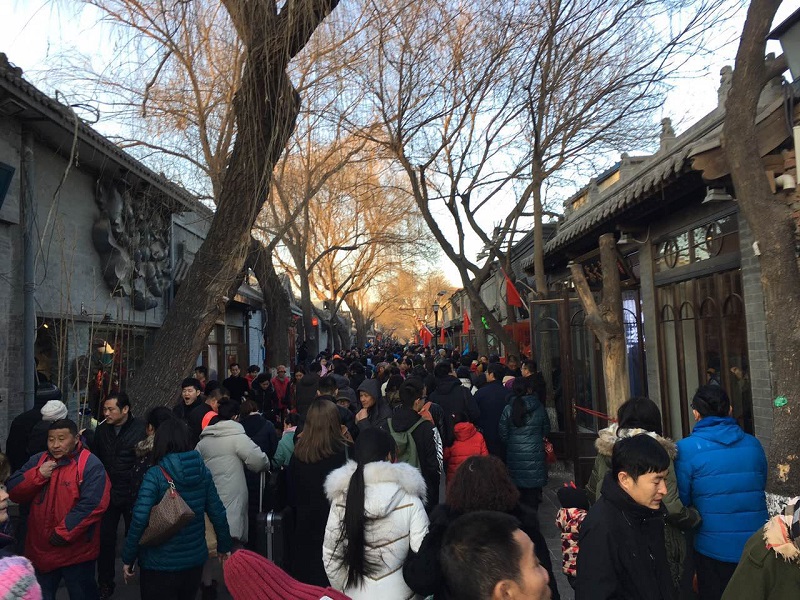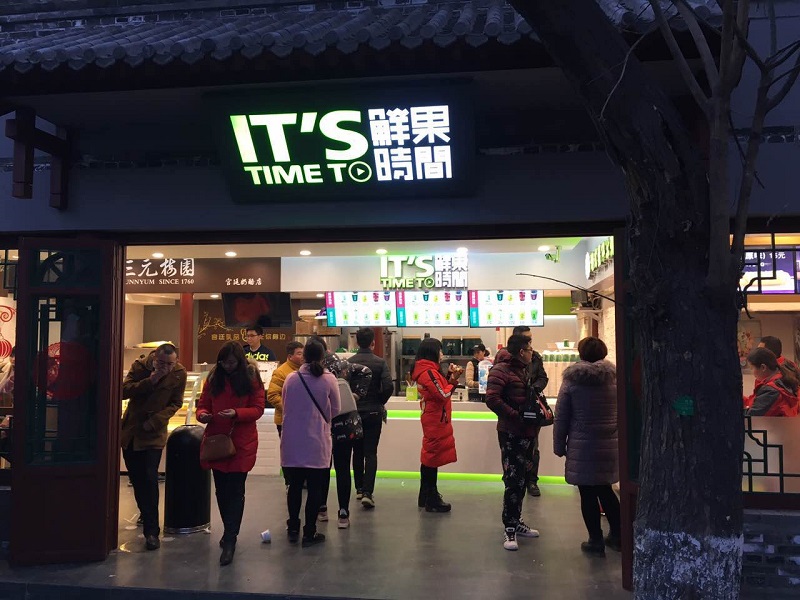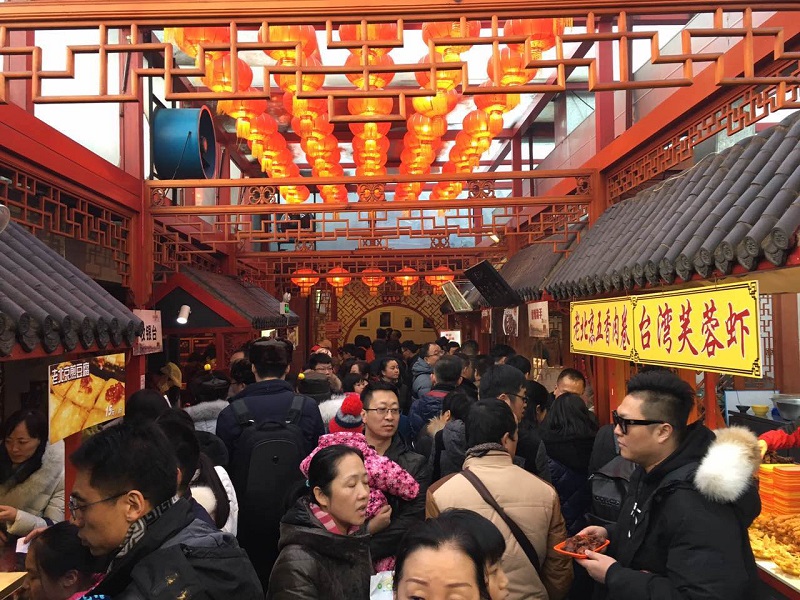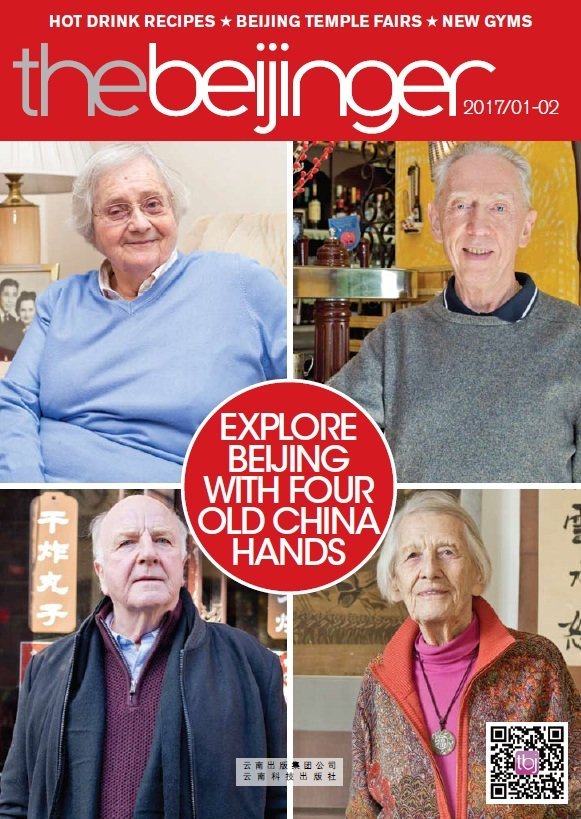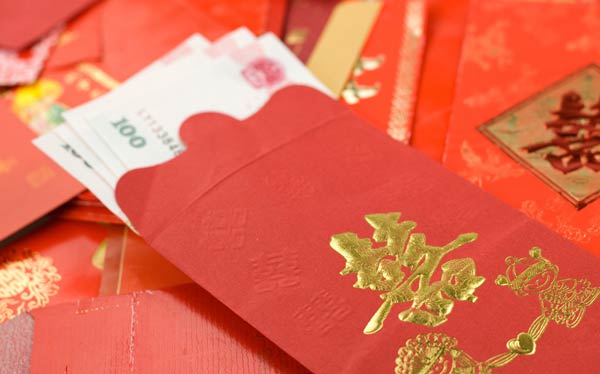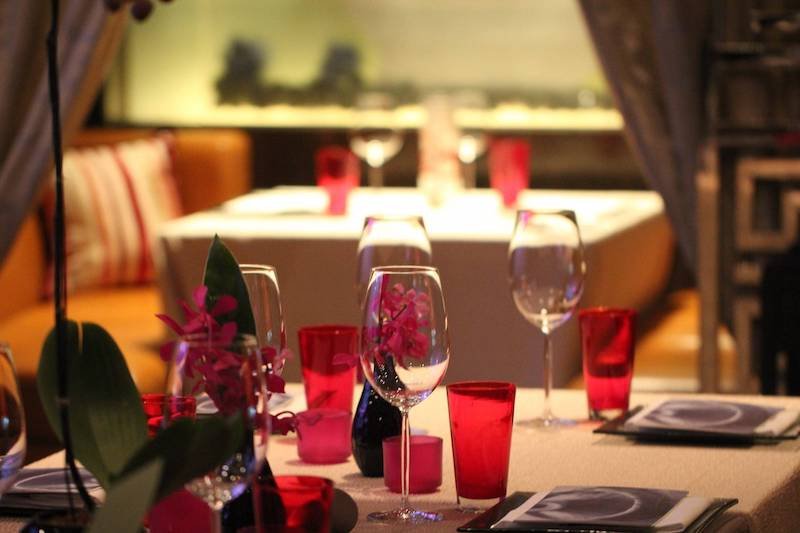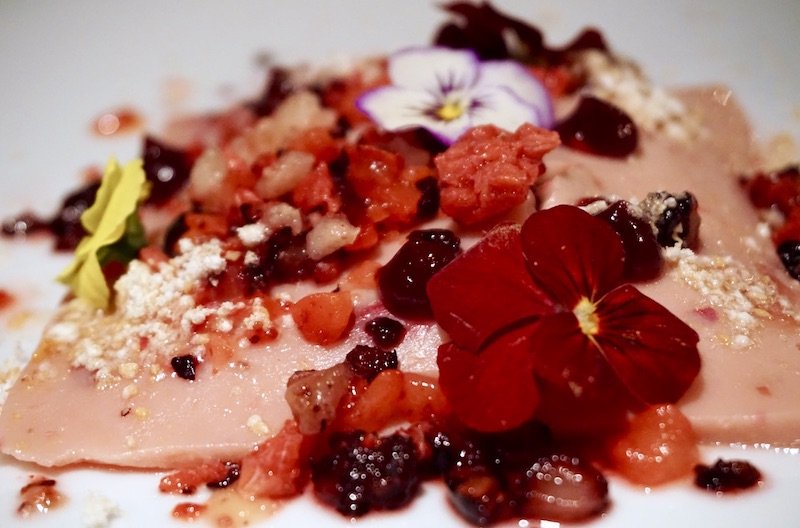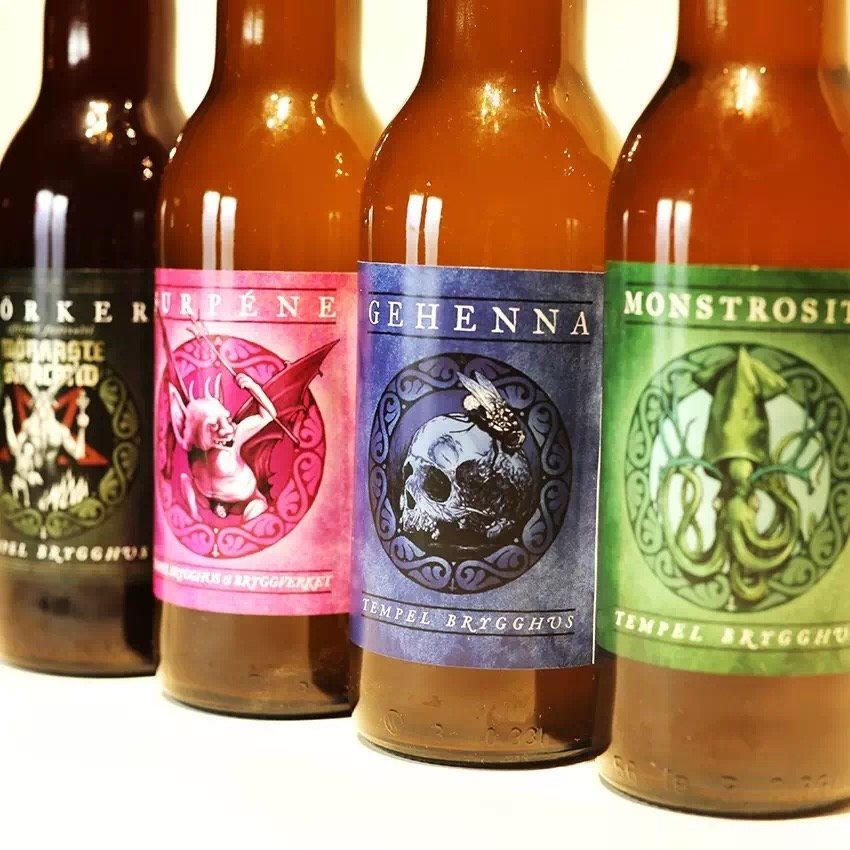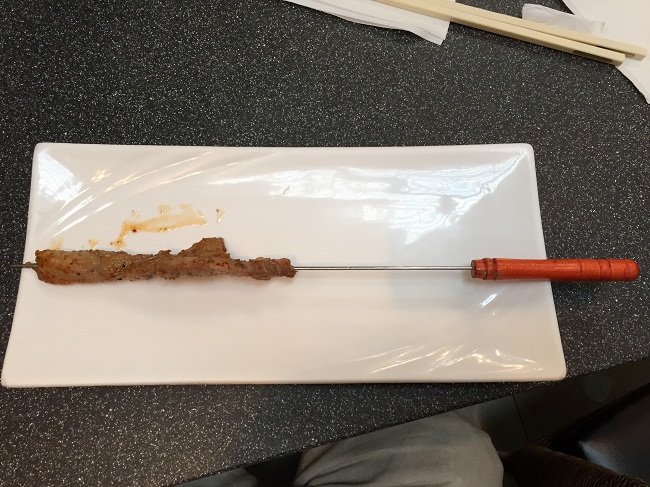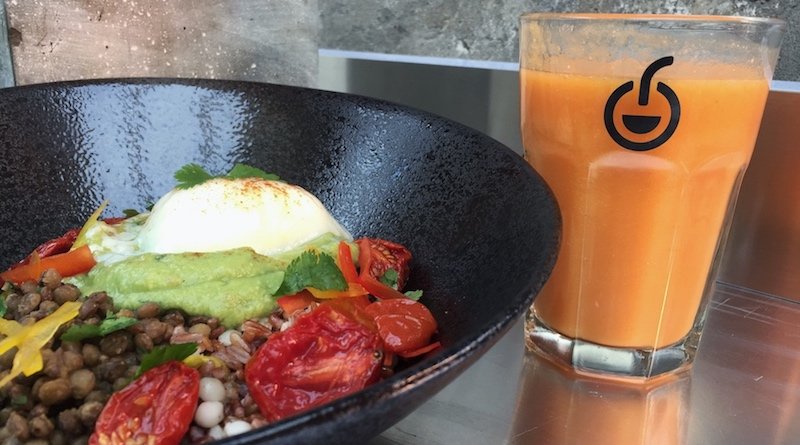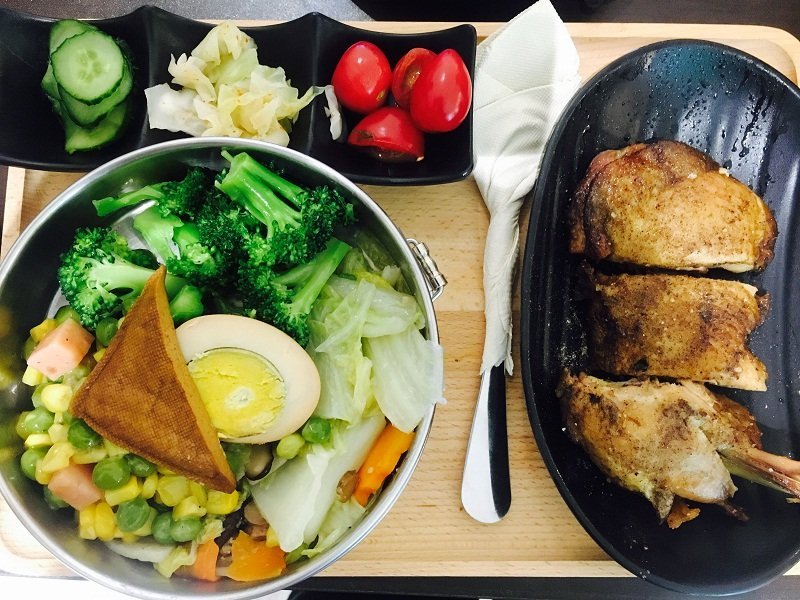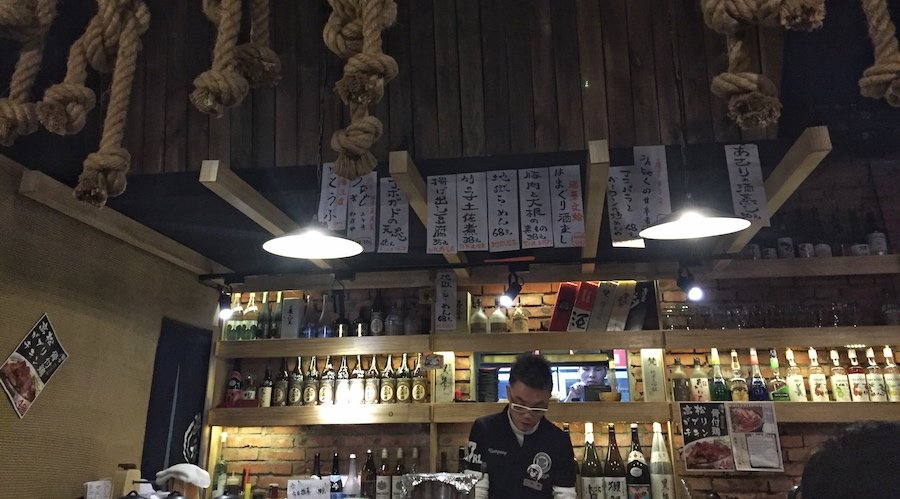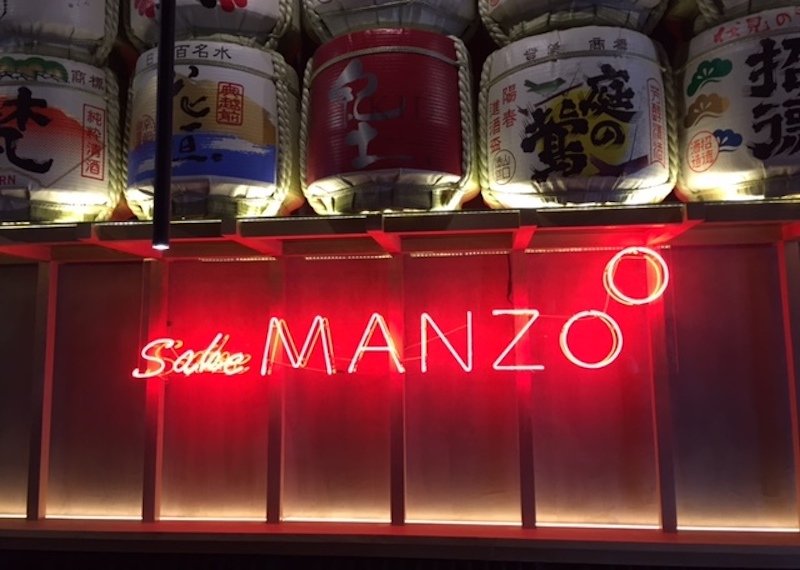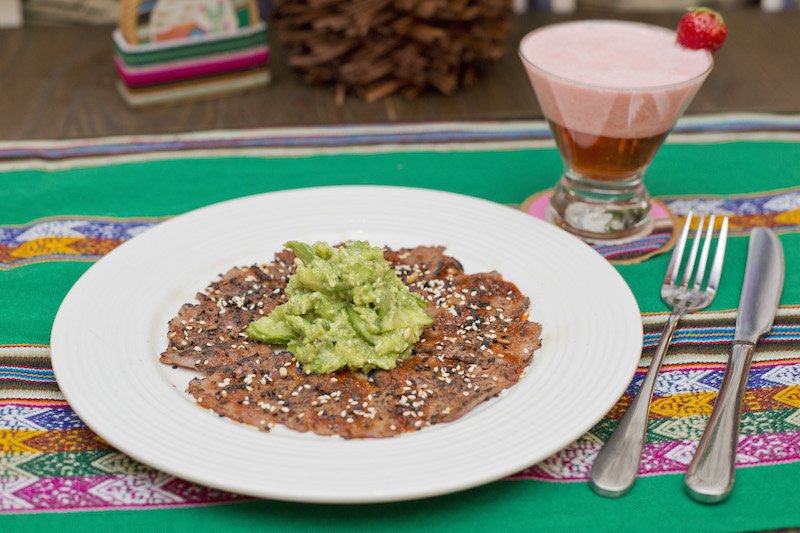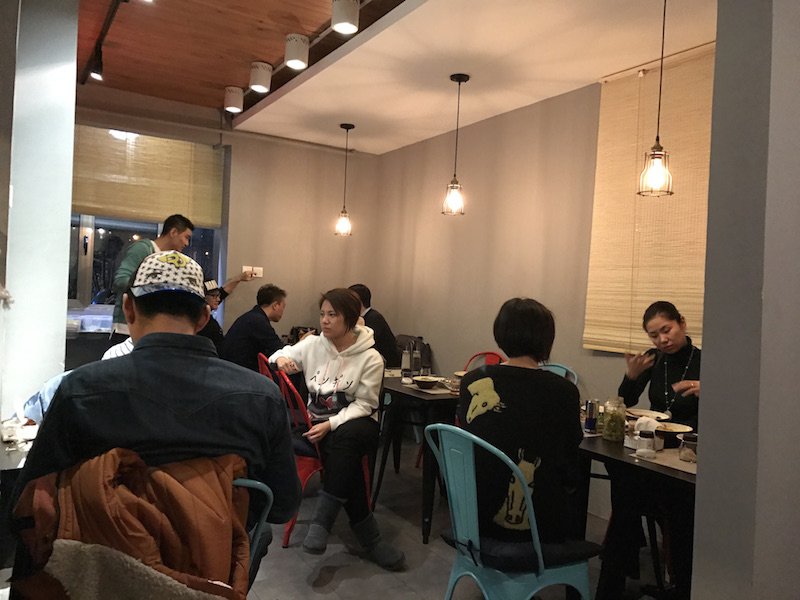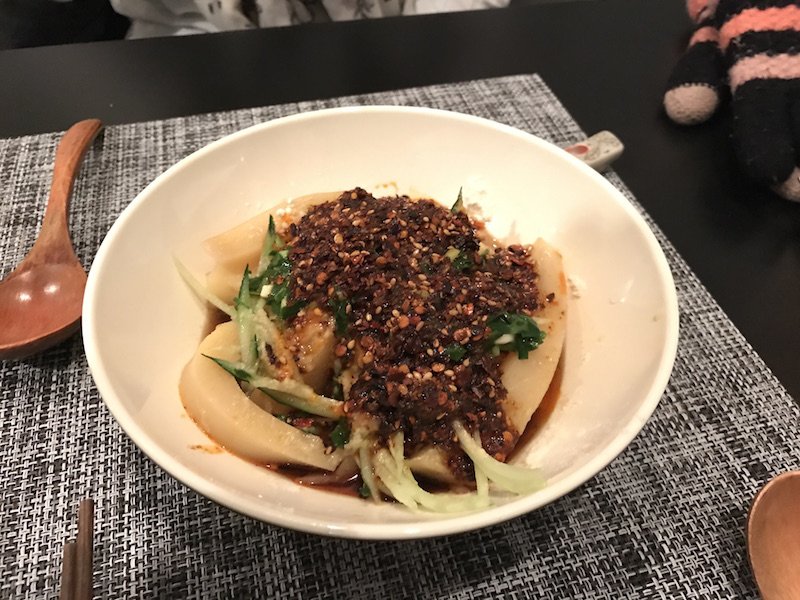You know the drill by now: the AQI is pushing 300 for the fifth day in a row and you're starting to just feel generally gross. "I know," you think to yourself, "I'll eat only salads for the next couple of days so at least something healthy is going into my body." But are there specific foods you should eat to make sure your body is in tip-top shape to fight off pollution?
So-called "antioxidant foods" are the go-to choice here - we've given a couple of examples below, along with suggestions for dishes that use the ingredients to their full effect.
It is worth noting that no single diet or ingredient can drastically improve your health just by itself and neither has a single diet or ingredient been definitively proven to combat the effects of pollution. Eating a generally healthy diet and exercising regularly will give your body the energy and nutrients it needs to fight off pollution.*
Of course, since you probably don't want to venture out in these conditions, the majority of the restaurants below offer delivery through Sherpa's, Jinshisong, Baidu Waimai or another similar service.

Broccoli
Order: Grilled broccolini with roe and konbu butter, Obentos
Broccoli, along with its cousins from the cruciferous vegetable family, is widely touted online as a "cancer fighter" and a key source of antioxidants. A clinical trial conducted in Jiangsu found that people who were given a broccoli-based beverage excreted a great degree of benzene, a known carcinogen, and acrolein, a lung irritant. Broccoli is widely available on most menus (清炒西兰花, anyone?), so it's not difficult to get your fill, but restaurants are doing interesting things with it, too. A fixture on the evening "shared plates" menu, Obentos' broccoli dish feels at once healthy and hearty, the broccoli boasting a charred flavor from the grill and the butter and ikura (salmon roe, which is also a source of omega-3, see below) adding richness.
Turmeric
Order: Tumeric latte, Tribe Organic or Pollution Fighter shot, Juice by Melissa
The main component of turmeric, curcumin, is widely renowned as an antioxidant and anti-inflammatory, particularly in ayurvedic medicine. It is thought to aid the body in fighting off the invasive effects of foreign particles and help repair internal damage to the respiratory system. Juice by Melissa's Pollution Fighter juice shot combines turmeric with three other hero ingredients - honey, lemon, and cayenne pepper - for an easy boost of nutrients. Alternatively, and a relatively new addition to the menu at Tribe, the turmeric latte is an on-trend health booster (try searching #turmericlatte on Instagram...). Made with turmeric powder, organic honey, and organic milk, the latte is lightly sweet and very soothing.
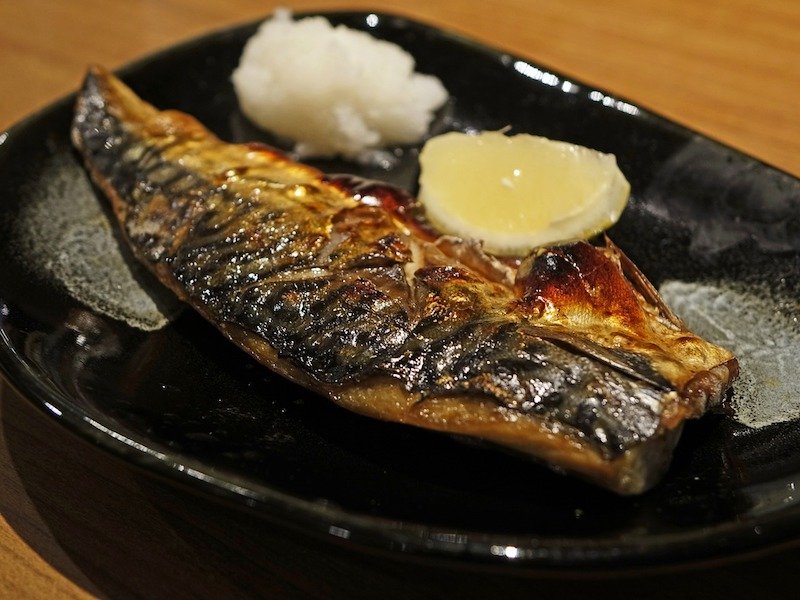
Omega-3
Order: Grilled mackerel, Hatsune or Obentos
The side effects of air pollution (specifically, the intake of particulate matter) are thought to include inflammation and oxidative stress. All is not lost, however: some studies have found that a diet rich in omega-3 fatty acids has anti-inflammatory effects. You can take an omega-3 supplement such as fish oil or, alternatively, omega-3 can be found in flaxseeds, walnuts, chia seeds, and oily fish such as mackerel and salmon.
One of the richest sources of omega-3 is mackerel, a staple on the menu of many Japanese restaurants, where it can be found grilled and served with lemon and grated daikon radish. We're partial to the grilled mackerel served at Hatsune, where the skin is always crispy and the flesh still juicy.
*It is also worth noting that I am not a nutritionist, just someone with an interest in healthy eating and sharing that interest with others.
More stories by this author here.
Instagram: @gongbaobeijing
Twitter: @gongbaobeijing
Weibo: @宫保北京
Photos: Wikimedia, Pixabay

